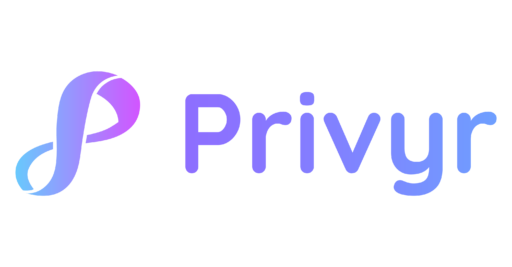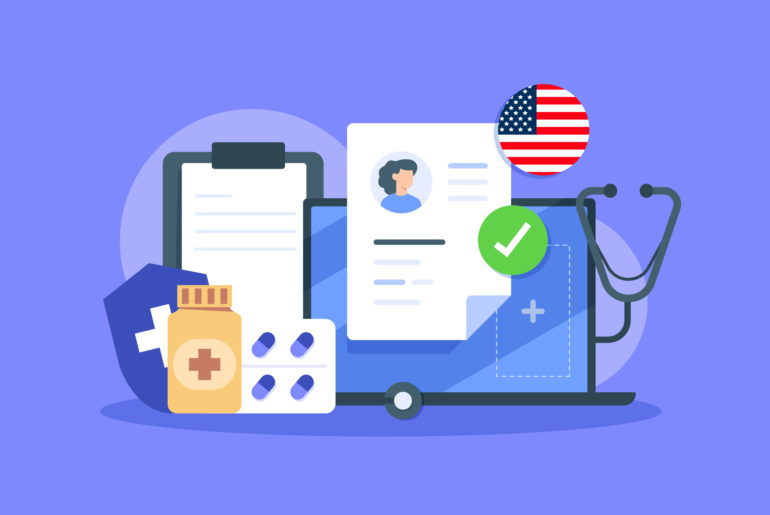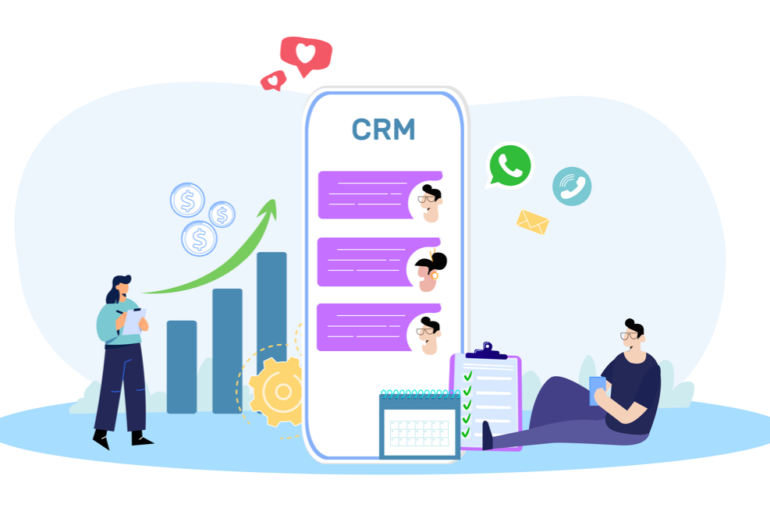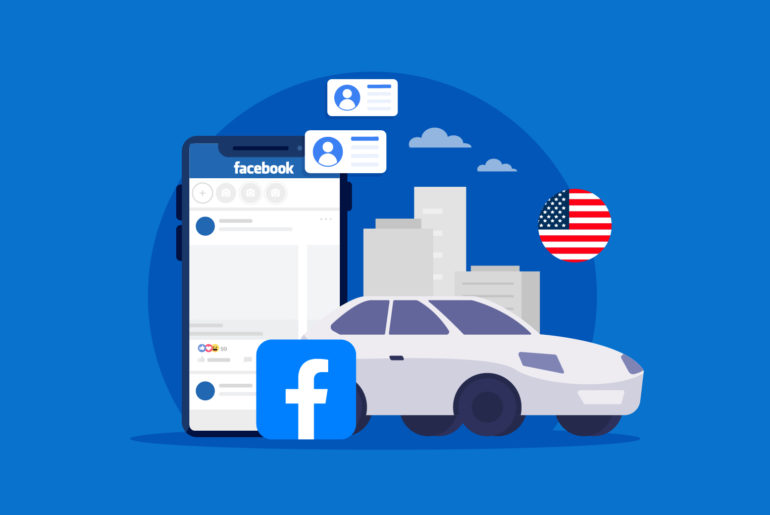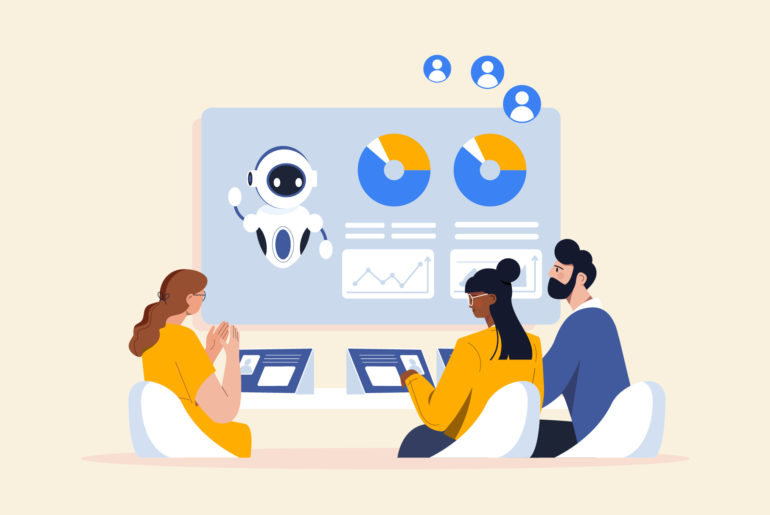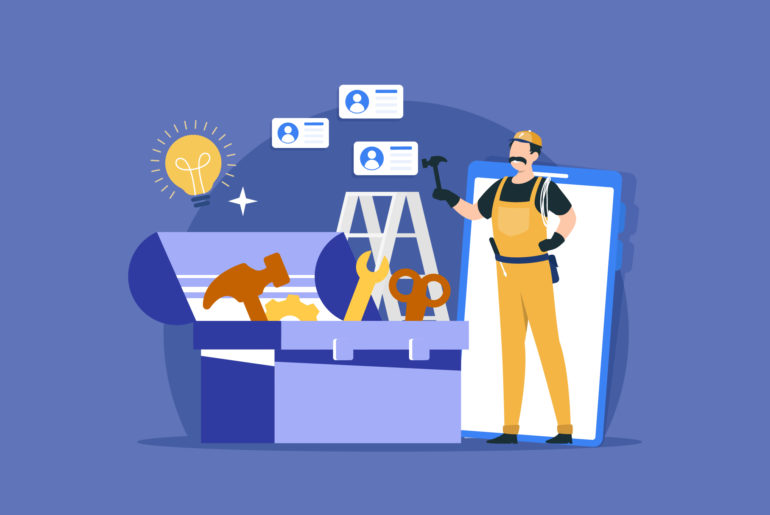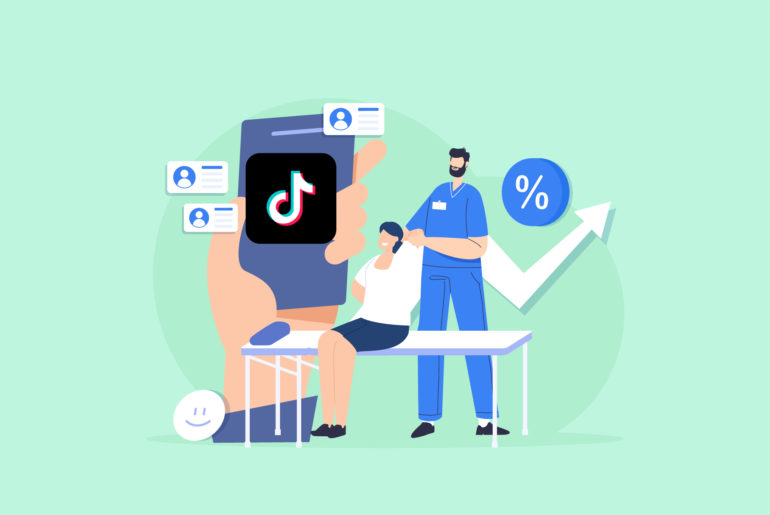As a trainer or coach, you’ve turned your expertise into a business helping students become better at the skill or subject you specialise in. Whether you’re a fitness trainer, language instructor, life coach, or therapist, there are tons of people out there who need your services. Ideally, you’re already getting some of these people as leads from various sources and turning them into paying customers or students.
But as your business progresses and more people start to become interested, things can get messy and you’ll fail to convert a lot of them if you don’t have an organised sales process. This can cause frustration and disappointment, leading to a downward spiral of making one horrible decision after another. Hopefully, this hasn’t happened to you yet.
Now you may wonder what’s the right way to organise your sales process. Well, this is where the sales funnel comes in.
The concept of the sales funnel is all about understanding your potential customer’s journey from the time they first come to know about your training till they enrol in your course. In this article, we discuss everything you need to know about sales funnel for trainers and coaches, how it can help you, and how to get started creating an effective sales funnel for your business.
Table of Contents:
What is sales funnel for Trainers & Coaches?
What stages should you include in your sales funnel?
How long should every stage be?
Important tips to improve each step of your funnel
How sales productivity apps can make sales funnel for trainers easy and effective
What is sales funnel for Trainers & Coaches?
Before a customer decides to purchase or subscribe to your services, they go through many stages. They first need to know that you exist. Then they get interested in your programme and begin enquiring about it. Based on the information they get, they decide if you are the right fit for them. And finally, after careful consideration, they opt to enrol in your program and pay to become a student.
All the stages that your potential students go through before purchasing are parts of a sales funnel for trainers and coaches. The first part is awareness & outreach, the second is sharing more details and information, and the third part is about sales and delivering your services.
Now you may say that this is a standard process that you’ve been dealing with from the beginning. Well, you’re correct! Whether you know it or not, you’ve been moving your sales process through a sales funnel. So, do you still need to put more time and effort into your Sales Funnel?
You absolutely do! Being well aware of each stage and the whole sales funnel allows you to improve customer interaction and experience, which will in turn helps you improve sales and close more deals.
What stages should you include in your sales funnel?
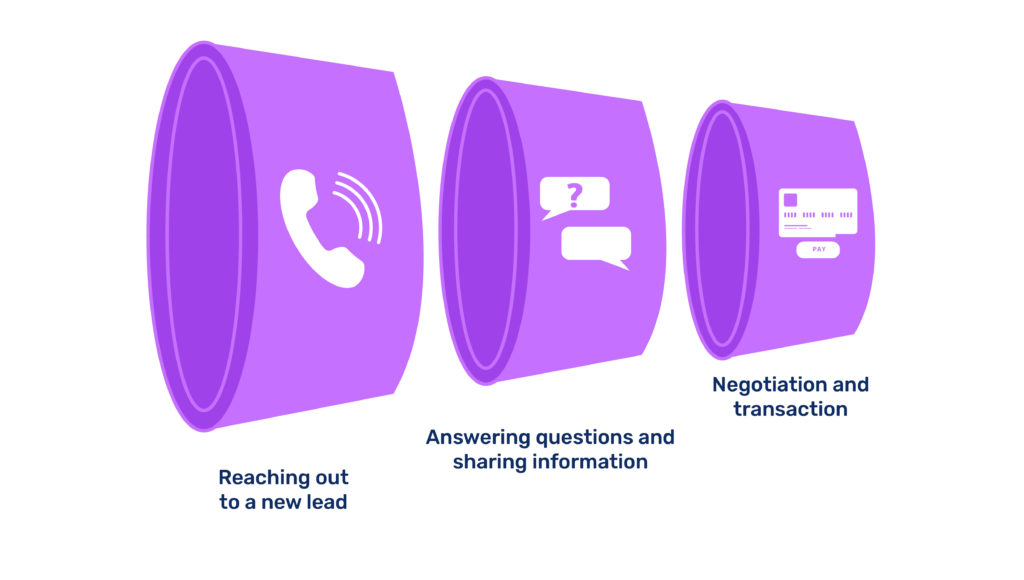
A sales funnel doesn’t need to be complicated, especially when you’re new in the business or have a straightforward sales process. As a trainer or coach, you can start with a simple three-stage funnel. This makes it easy to keep track of every stage and identify which stages your potential customers are in. You can always add more stages once your business grows further and your sales process becomes more complex.
Here are three stages of the Sales Funnel for trainers and coaches to get started with:
Stage 1: Reaching out to a new lead
Many people need your expertise, and they look for it every day online and offline. When someone inquires about your training or coaching programme, the first step is to reach out and contact them as quickly as possible.
How you reach out depends on your specific industry and location, but in the last few years, messaging apps like WhatsApp, SMS, or iMessage have become the most effective communication channels for interacting with prospective students. If you’re reaching out to leads quickly and correctly, you can drastically improve your response rates and get much higher sales.
Once your lead responds to you, you can proceed to the next stage of engaging them further. However, if they don’t reply, don’t pick up, or are otherwise unresponsive, you’ll be stuck in the outreach stage and will need to follow up over the next few days in hopes of connecting.
Stage 2: Answering questions and sharing information
The first interaction will rarely bring you sales. Therefore, the next stage is really crucial to converting the leads into paying customers. In the second stage, you’ll usually follow up and engage with your leads to share more information over the course of a few days or weeks.
The best way to handle this stage is by answering the customer’s questions as quickly and as clearly as possible. To do that, you’ll first need to understand what exactly they are looking for. Be specific and honest. You’ll also be sharing new information such as deals, offers, and success stories of previous students.
How you communicate will directly affect your customer’s purchase decisions, so try not to rush them or make them feel bad for not buying quickly. People may not be ready to make a decision immediately and this stage may take a couple of days, weeks, or even months before they finally commit.
Stage 3: Negotiation and transaction
After several rounds of questions and understanding your coaching or training programme, your leads will likely start asking about pricing and packages, the final stage of the funnel. In this stage, you negotiate and onboard a new customer. How you communicate in the initial stages and how you convince your leads will influence how well you convert your customers.
How long should each stage be?
Although you may want to close sales as soon as you first connect with a lead, you should note that they might take some time to decide and pay for your services. Here’s a general overview of how long you should expect each stage to last.
- The first stage – reaching out to a new lead – should be really quick. If you’re responding to leads quickly, via the right channels, and with the right message, they should reply within a few minutes to a day. If they take much longer to reply (or don’t respond at all), you may want to look at how to improve your outreach strategy.
- The second stage – sharing information and answering questions – could be fast or slow depending on your customers. Nevertheless, it’s worth the wait because, at the end of the day, a sale is a sale. Most people need time to decide as they may not have the information or ability to decide immediately. How clearly and honestly you communicate with them can influence their decision time.
- The third and final stage – negotiation and purchase – shouldn’t take long as most people that get here would have already made up their minds to sign up with you. However, it can also take a long time depending on the particular person and the situation, such as budget, personal circumstances, or something else.
Even after you make a sale, you can continue nurturing your clients. You should continue answering questions & sharing information to build long-term relationships. Not only will they appreciate it, it makes them more likely to renew their coaching or training package and even refer their friends as potential customers.
Make sure you learn from each experience and incorporate different ways of messaging and negotiating, helping further improve your sales funnel whenever you start over with new leads.
Important tips to improve each step of your funnel
Although you may not have been aware of the term previously, you have already been using a sales funnel to engage and convert your customers. That’s why understanding the subject is the first step to improving your sales process. However, there are a few things that help you improve each step and get more sales. Some of them are:
Personalization
Personalisation plays a crucial role in both capturing the attention of potential customers and closing a deal. Approaching your leads with a personalised message is incredibly important, especially in the initial outreach stage. If you address your leads with their name and are specific about their queries, they are more likely to engage in a conversation with you.
On the other hand, if you’re sending generic messages starting with “Dear Sir/Madam” and not personalising any of your interactions, it’s likely that many potential students will end up ignoring you or worse, view your messages as spam and block you.
Clear and honest communication
Many factors such as budget, location, and schedule. affect people’s purchasing decisions. Most of your potential clients have high expectations of a trainer or coach, especially since their results are 100% dependent on you as a person. Therefore, when it comes to becoming your student, people prefer honest and effective communication before giving their decision. They look for a life-changing outcome, and you should ensure you always respond to the queries clearly and honestly, no matter what the topic.
Social proof
Reviews and testimonials play a great role in attracting and even converting potential customers into paying clients. These are the elements that make people trust you and your ability as a trainer or coach. Always make sure your leads can easily find the testimonials of your students and trainees in every stage of your sales funnel.
You may not always have testimonials at your disposal for various reasons. You may have just started the business or haven’t yet received permission from previous clients to share their experiences. You can always reach out to your satisfied students and request a review. If needed, you can offer something for free (such as a complimentary lesson!) so customers can rate your services in exchange for it.
How sales productivity apps can make sales funnel for trainers easy and effective
Once you understand your sales funnel and its best practices, you’ll want to be as productive as you can. If your training targets a limited number of people and you prefer dealing with just a few leads each month, you can easily manage the whole process and manoeuvre through each stage manually.
However, if you need to sell your courses to as many people as possible for growth, you’ll need to deal with a lot of leads, and handling them manually could be a tedious and time-consuming process. You’ll not just be communicating with each of your leads but also downloading and managing their data and planning follow-up schedules by yourself. This is where productivity apps make your life easier.
Productivity apps automate your crucial sales process and save you tons of time so you can focus on building your brand and actually training your students. Such apps simplify your communication, data management, and conversion process, especially when you have a lot of leads to manage.
That being said, not all sales productivity apps function the same. When you’re not a tech expert and you want to run everything from your phone via chat apps like WhatsApp or iMessage with minimal effort, you’ll find far fewer options. If this sounds like you, then Privyr CRM is at your rescue!
Privyr helps you manage your sales processes from all your devices, including your mobile phone and laptop. You can easily connect with your leads and manage their data no matter where you are, what communication channels they use, and what stage of your sales funnel they’re in. Try Privyr for free today to boost your productivity and improve your sales conversions.
